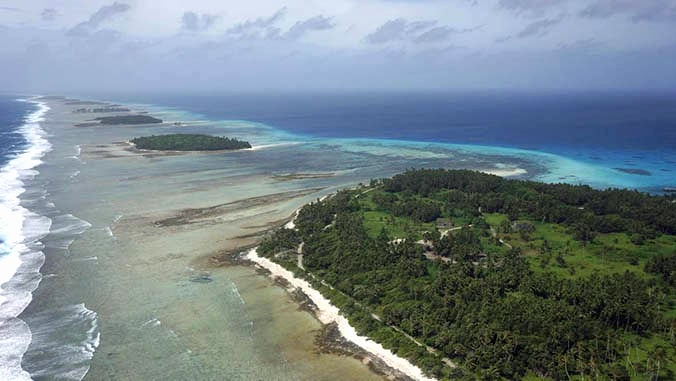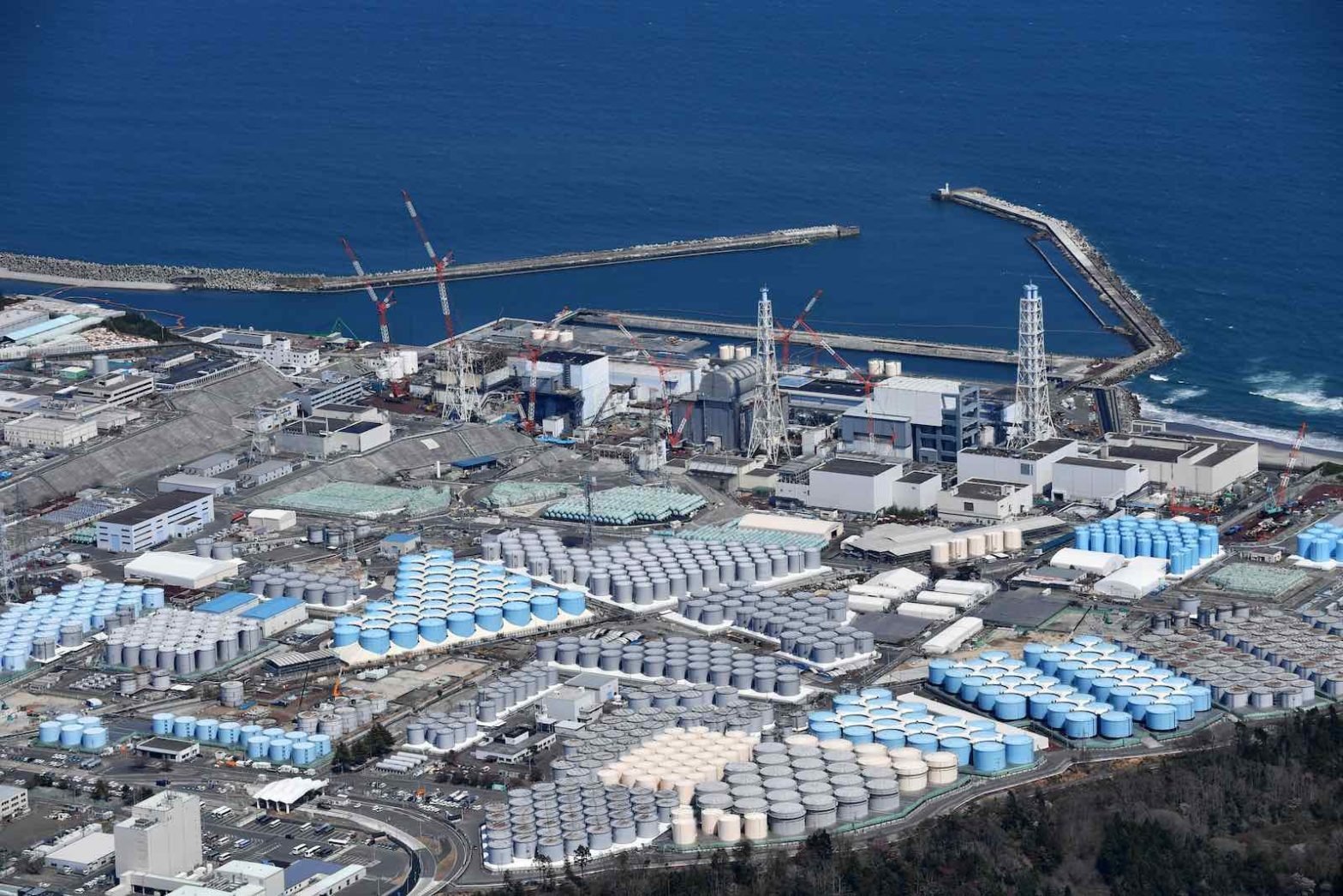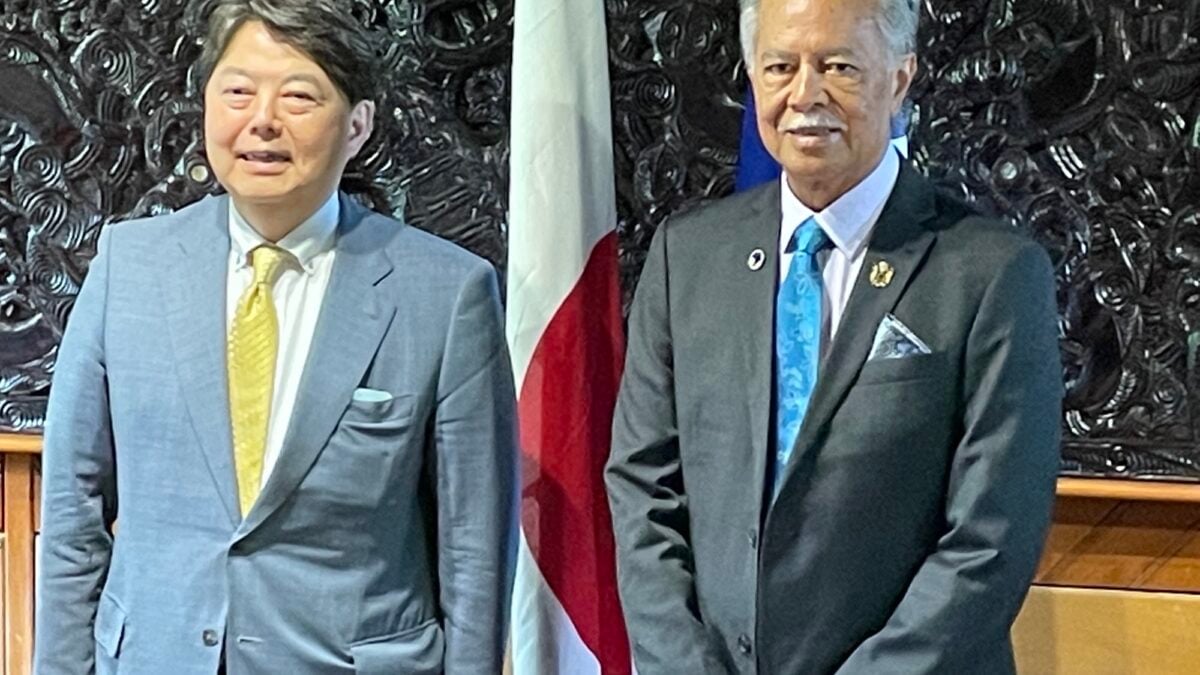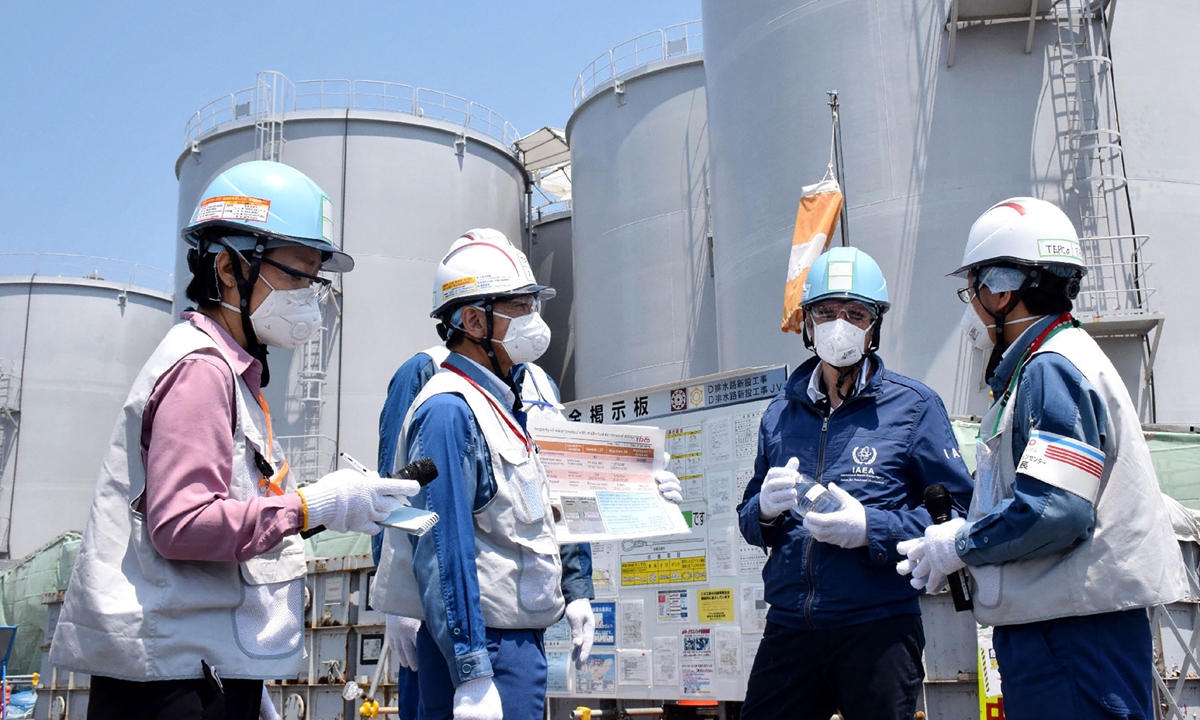Global experts unanimously say they “don’t see enough information to support Japan’s plan of dumping radioactively contaminated water into the Pacific ocean.”
Japan has proposed discharging treated nuclear wastewater into the Pacific Ocean, and an independent panel of global experts on nuclear issues was developed to support Pacific nations in their consultations.
Robert Richmond, a research professor at the University of Hawaii at Mānoa School of Ocean and Earth Science and Technology (SOEST) and director of the Kewalo Marine Laboratory, was one of five experts selected to join the panel.
In 2011, a massive earthquake and tsunami in Fukushima, Japan damaged the Daiichi Nuclear Power Plant. To prevent further damage and overheating, workers pumped water through the remains. Last year, Japan announced its intentions to begin discharging the accumulated radioactively contaminated cooling water into the Pacific Ocean starting in 2023, claiming that after treatment, it is safe to do so. Some Pacific nations are concerned about whether that can be done safely.
The Pacific Islands Forum made up of 18 independent Pacific Island countries, created the expert panel to provide independent technical advice as part of the ongoing dialogue with Japan officials and representatives of the nuclear power plant in Fukushima where the wastewater has accumulated since the tsunami.
“At this point, we’re unanimous in saying we don’t see enough information to support dumping the radioactively contaminated water into the ocean,” said Richmond, who has conducted marine conservation research in the Pacific for more than four decades. “Our first recommendation to the group is to take that option off the table for now.”
Trans-boundary issue
Through the movement of ocean currents and transport by pelagic fishes that can take up and accumulate radionuclides (a radioactive and unstable form of an element), more widespread distribution can and will take place.
“This is truly a trans-boundary issue,” said Richmond. “Fish don’t respect political lines, and neither do radionuclides or pollutants in the ocean. I really commend the members of the Pacific Islands Forum for recognising that this is an issue that they need additional information on.”
In announcing the formation of the panel, Pacific Islands Forum Secretary General Henry Puna emphasised, “Our ultimate goal is to safeguard the Blue Pacific—our ocean, our environment and our peoples—from any further nuclear contamination. This is the legacy we must leave for our children.”
Richmond has studied the uptake of radioactive Ru-106 in crayfish as an indicator of leakage from nuclear power plants while working at the Department of Radiation Biology and Biophysics at the University of Rochester Medical School and spent two years performing research on Enewetak Atoll, home to the U.S. nuclear testing program from 1948–58. He presented at the 7th Our Oceans Conference in Palau. This event, co-hosted by the Republic of Palau and the U.S, offered a key moment for countries, civil society and industry to commit to concrete and significant actions to protect the ocean. Richmond emphasised the need for adequate and accurate information for decision makers to make sound decisions to protect and conserve marine habitats and life, and all those who depend on ocean resources.
“This is not the first nuclear incident, and it won’t be the last,” said Richmond. “Perhaps this can be an opportunity to try different approaches that have never been tried before. Maybe this could be a learning opportunity to really set the bar for the future of not continuing to use our oceans as the dumping ground.”
Additional panel members are Ken Buesseler, senior scientist and oceanographer of the Woods Hole Oceanographic Institution; Arjun Makhijani, president of the Institute for Energy and Environmental Research; Antony Hooker, associate professor and director, Centre for Radiation Research, Education and Innovation, the University of Adelaide; Ferenc (Jacob Rolf) Dalnoki-Veress, scientist-in-residence and adjunct professor at the James Martin Centre for Nonproliferation Studies, Middlebury Institute of International Studies at Monterey.
The panel recently shared a detailed set of initial recommendations to the Secretariat that will be available soon.
This story was originally published at the University of Hawaii on 02 May 2022 and reposted via PACNEWS.




